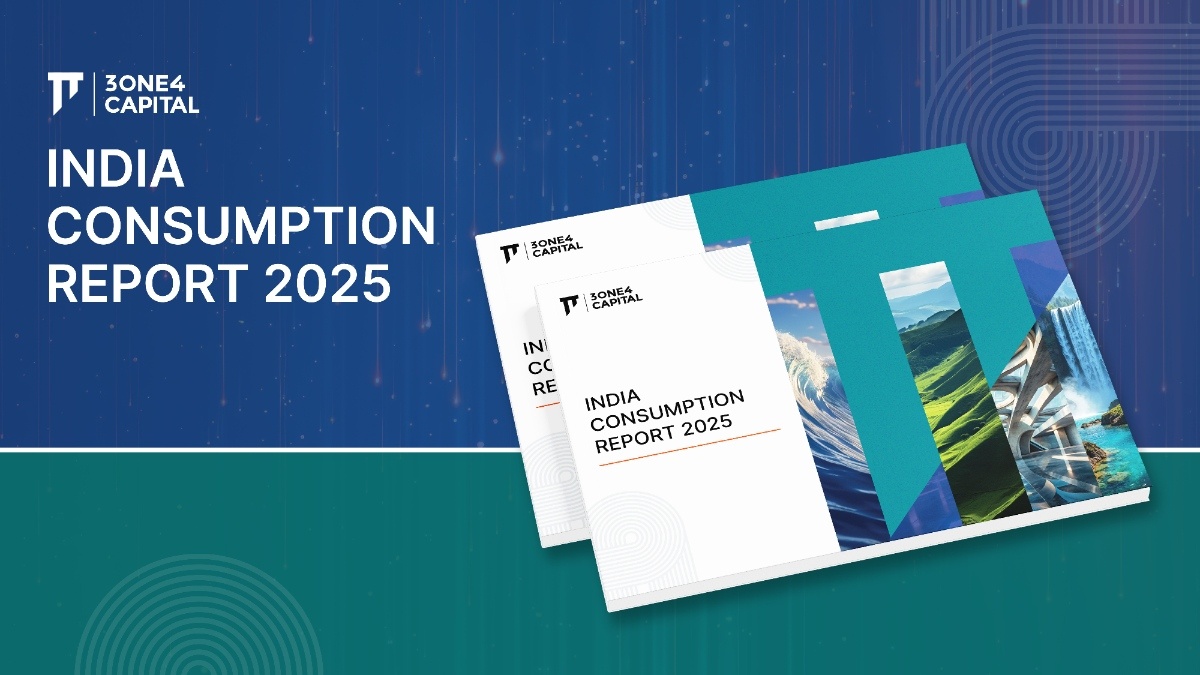
Onshoring Indian innovation
Many entrenched issues in the Indian policy landscape are forcing ‘flipping’—startups founded by Indians, operating in India, but getting domiciled overseas
The Indian startup ecosystem is emblematic of “New India”—assertive, dynamic, and focused on lifting aspirations. Despite a volatile 2022 globally, Indian startups still raised $25 billion over the year—more than the capital raised in 2020 and 2019 combined. Investors globally are still bullish on Indian startups, with 104 new India-focused funds being announced in the first three quarters of 2022. India-focused funds have accumulated over $12.88 billion dollars of capital waiting to be invested—the highest in recent times. Despite global uncertainty, the Indian startup ecosystem has remained resilient.
However, the Indian startup ecosystem does suffer from an open secret—many of its companies are not domiciled in India. They may have Indian founders, Indian investors, and India as a target market, but many of them are headquartered in the US or Singapore with a subsidiary in India. This process of redomiciling the headquarters is known as “externalization” or “flipping”. Through this process, all the intellectual property, assets and capital are moved overseas. All future fundraises and exits happen in a foreign country. Flipkart, India’s largest startup exit, took place in Singapore, not India. Although India does enjoy the taxes from these exits, in part due to the amendments in the tax code precipitated by the Vodafone-Hutch case, it is a poor comfort. Flipping has reached such a fevered pitch that its now a routine offering by professionals, no longer a specialised service.
In short, India is at risk of becoming a land of subsidiaries, not startups. Flipping is fundamentally eroding Startup India.
The Economic Survey 2022-23 too covers this aspect, urging the government to undertake measures to stem this flight.
Despite tremendous headway in the ease of incorporation and closure of a company, the deep entrenched issues in operations are pushing many startups to flip overseas. There are four main reasons for Indian startups to flip:
– Lack of Rupee Capital participation in the Indian ecosystem: Rupee capital is still a minnow in the funding raised by Indian startups. Out of the top 10 largest deals in 2021 and 2021, Indian investment was in low single digits. Most of the rupee capital is in angel and early-stage startups, that have the highest mortality and risk. As they scale, they get systematically removed from the capital-table by new investors—primarily foreign funds.
Capital prefers investing closer to home. Many such investors point out to the lack of domestic capital pushing startups overseas. The world’s largest incubator programme, located in the US, insists that all its incubates shift their headquarters to the US. Over 250 Indian startups have moved out in this fashion, with many of them being house-hold names.
The policy-driven suppression of Indian Institutional capital like insurance companies, banks, pension funds, etc to invest in Indian funds and startups has created a vacuum that pushes Indian innovation overseas. Recent changes have not changed much.
– Onerous taxation norms: Indian startups suffer twice the tax rate as their listed counterparts (20% vs 10%)—despite the money going into startups being used for new asset creation, growth and hiring. Furthermore, Indian residents pay twice the tax rate as non-resident investors. Taking greater risk means paying higher tax. This has systematically disincentivised Indian capital and pushed entrepreneurs overseas so that they can enjoy a lower capital gains rate. This is protracted by other countries offering “golden visas” or “entrepreneur visas” to attract entrepreneurs to their countries. India’s greatest export should be tech, not tech talent. IMB certification to get tax benefits recognised around 1% of India’s 84,000 startups. Even the ESOP benefits are linked to this IMB certification—which the economic survey pointed out as a blocker.
– Friction in foreign exchange transactions: Indian companies aim to go global from day one. For this, they need to compete with global players on the offering as well as the ease of transactions. Yet, the ability to ability to make and receive foreign currency payments in an automated manner does not exist for Indian startups. Indian regulations require multiple physical forms to be filled before the credit or debit of such payments can happen. The Exchange Earners Foreign Currency (EEFC) framework is unable to be extended to startups as the tech integrations don’t exist and it still requires the forms to be filed physically. Ease of doing business must be extended to the digital universe as well.
– Objective M&A frameworks: Exits and M&A is a strong attractor for startup activity. In India, tax-free M&A is only possible under an NCLT-approved scheme, which takes 12-18 months to pass through. The US, ethave an objective framework which looks at measures such as the continuity of business, continuity of interest and a business purpose for M&A.
Redomiciling startups to India
Budget 2021 announced a repatriation scheme for foreign funds to redomicile to GIFT IFSC in India in a tax-free manner. A similar scheme must be enacted to allow such startups to redomicile to India. Illustrative criteria include:
1. The company should be started by Indian citizens
2. The company should be unlisted and
3. Substantial value of the company’s shares are derived from assets/business in India.
Phonepe redomiciled to India after paying an astounding $1 billion in tax. Other startups lack the resources to do so. Yet the desire to return does exist. Such a scheme is imperative for Indians to create value for India in India.
Originally published in Financial Express


.webp)












